2 Becas Erasmus+ para miembros de Building Bridges para el curso en Francia con todos los gastos pagados de alojamiento, manutención y viaje durante las actividades
Name
«Towards an education in biodiversity»
Dates
From the 7th to the 15th November 2015
Place
Château de la Motte at Louchy-Montfand – France, Allier (03)
Objectives of the project:
To observe, feel, meet and understand. When we are in contact with nature, we feel renewed and we reinforce our sense of belonging in the biosphere. Today, on global, international, national, territorial and local levels, biodiversity has become a societal issue that citizens must be fully informed about so they can freely decide on the direction that they wish to take for themselves and for future generations. Environmental education is at the heart of the issues surrounding biodiversity. A topic relevant in today’s society and in the future, education in biodiversity is essential nowadays and it is highly important to develop educational techniques in order to reconcile certain citizens with nature and to reinforce our ability to act together towards biodiversity. In addition, it appears essential to participate as a citizen and to train those who will become the catalysts of success in this domain. This seminar fits into this context in order to facilitate the mobilisation and training of participants on a European level.
Activities
Workshops linked to the project’s teaching method: see paragraph on methodology.
Exchange workshops: with the aid of teaching resources, shared experiences and learning activities. The participants will be invited to bring along resources and teaching tools from their own country so they can present and share their experiences during the workshops.
Workshops of reflection: They will consist of debates in a large group or in smaller groups, about certain subjects linked to education in biodiversity suggested by participants from different cultures. Several forms will be considered: moving debates, forum theatre…
Methodology workshops: how to set up a «nature area» in my organisation, how to construct an educational pond, how to install a mini garden area? The main themes will be: water and wetland zones, nature close by to us, actions/material/constructions that promote biodiversity. The majority of the workshops will take place outdoors.
Trainning results
To experience a teaching method of the environmental education sector and for each participant to adapt it to their own culture;
To enrich one’s own practice of educating about biodiversity;
To discover the benefits that biodiversity brings to the process of informal education;
To be open to teaching methods from other places;
To be open to others and to other cultures;
To make the emergence of projects between participants of the same country or between several European countries easier;
To join the recent European environmental education network.
Methodology
The chosen method is the project’s style of teaching in 5 steps
1. To express initial expectations and knowledge Identifying their knowledge allows the group to learn what each person knows, feels and imagines about the chosen theme. It is in this way that each person becomes aware of their knowledge.
2. To question ideas by means of the immersion workshops This time is essential. It allows participants to tackle the subject by meeting with various players in the reality of their places of living and activity. These exchanges trigger reactions and questioning in relation to the theme. From this, the issues that will serve as a work base for the week will emerge.
3. To define the projects together The different means of questioning expressed will be analyzed and grouped together by theme: in this way several possible projects for the field work in the upcoming days become exposed.
4. Implementing the projects / acting and participating through the project workshops This concerns the research phase, surveys, sharing teaching experiences linked to the project, elaborating a communal working method.
5. Communicate and evaluate The recommunication of work is part of the learning process. Communicating is learning how to say, synthesize and retain essential information and learning to memorize information through the exercise of feedback.
Working in large and small groups.
The workshops linked to project education will be closely related to the other workshops To finish off, some time will be set aside in order to conceptualize the teaching method experienced since the start of the seminar and to put it in the context of group leadership. The idea is to allow participants to exchange ideas about this method and to reflect by adapting it to the participant’s own culture.
PROFILE OF PARTICIPANTS
This seminar is aimed at group leaders of informal education who would like to educate people about the environment, the group leaders of environmental education and all professionals and volunteers who run activities linked to nature and aimed at young people.
FINANCIAL ASPECTS
Hosting organisation would like to encourage participants to buy travel tickets ASAP to enjoy economical prices. Please do not buy travel tickets until your participation has been approved byHosting organisation . All the travel costs will be reimbursed the earliest 3 months after the end of the training course/youth exchange. Please note that the process of reimbursement will be carried out directly with the applicant organizations and not with the individual participants. We kindly remind all participants to keep the original tickets.
Travel costs from Spain are up to 275€
ACOMOMODATION
You will be accommodated in the annexes of a castle. You will probably have to share the room with one or two other participants. Nights may be cold at this time of the year so please bring warm clothes. Sheets are provided.
DON’T FORGET TO BRING WITH YOU
Good shoes for outside activities
Warm clothes
Towel
Information and documents on your organization or projects that you want to share with the rest of the group We will offer you a place to put your valuables, but if they are not essential, please do not bring them. You are fully responsible for all your belongings.
MEETING POINT
Saturday 7 th of November At 5 pm At the train station of Vichy
Selection process
You should complete registration in 3 steps:
1. Please send your application form, CV and motivation letter to asociacionbb@gmail.com with subject «TC France Biodiversity«. Remember to write in the motivation letter that your sending institution is “Asociación Building Bridges”. All documents written in english you can send to: asociacionbb@gmail.com with subject “TC France Biodiversity“.
2. Send the application form below
[button size=medium style=round color=blue align=none url=https://docs.google.com/document/d/13c_cgp3t9c4lrJ7-L0_9WtPnbwjIharH9XoQ1YjwvwA/edit?usp=sharing]Application form[/button]
Selected participants will receive the detailed infosheet after the selection process.
3. Pay the registration fee (40€) by Paypal or bank transfer to :Asociación Building Bridges, CIF G85466886. This registration fee includes one year membership to our National and International activities.
* It is compulsory to send application form, CV and motivation letter and pay the registration fee at the same time in order to be within the pre-selection process.
If you are not selected by the sending or hosting organisation, we will reimburse the fee. Please see conditions of Erasmus+ grants
| IBAN / BIC: |
|
What do our participants say?
[tabgroup][tab title=»Álvaro en Cerdeña»]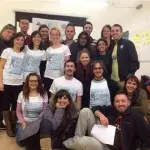 En el momento que vi en la web de Yes Europa la posibilidad de hacer con una beca Erasmus+ un Training Course sobre inclusión social, sostenibilidad y revitalización cultural y económica a través de la educación no formal no dudé y me apunté rápidamente. Tuve la suerte de que me confirmaron una plaza… Seguir leyendo[/tab][tab title=»Carlos e Isabel en su SVE social»]
En el momento que vi en la web de Yes Europa la posibilidad de hacer con una beca Erasmus+ un Training Course sobre inclusión social, sostenibilidad y revitalización cultural y económica a través de la educación no formal no dudé y me apunté rápidamente. Tuve la suerte de que me confirmaron una plaza… Seguir leyendo[/tab][tab title=»Carlos e Isabel en su SVE social»]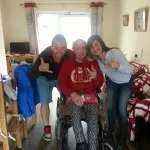 Hola! estamos en Irlanda en un proyecto SVE social con nuestro amigo Billy, al que cuidamos… Seguir leyendo[/tab][tab title=»Vídeo de Alejandro, SVE en Grecia»]
Hola! estamos en Irlanda en un proyecto SVE social con nuestro amigo Billy, al que cuidamos… Seguir leyendo[/tab][tab title=»Vídeo de Alejandro, SVE en Grecia»]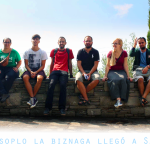 Te presentamos a nuestro voluntario SVE Alejandro Robles en Tesalonica (Grecia) durante su Servicio Voluntario Europeo en BALKANS (Tesalónica)… Seguir leyendo[/tab][tab title=»Fotos»]Mira las fotos de nuestros voluntarios en Madrid y Europa… Ver fotos[/tab][tab title=»María de SVE en Córcega»]
Te presentamos a nuestro voluntario SVE Alejandro Robles en Tesalonica (Grecia) durante su Servicio Voluntario Europeo en BALKANS (Tesalónica)… Seguir leyendo[/tab][tab title=»Fotos»]Mira las fotos de nuestros voluntarios en Madrid y Europa… Ver fotos[/tab][tab title=»María de SVE en Córcega»]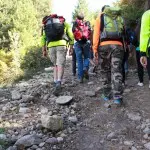 Con el frío, Corsica se recoge hacia las montañas. Ya no hay turistas en la costa, los locales aprovecharon los… Seguir leyendo[/tab][tab title=»Alicia en Polonia»]
Con el frío, Corsica se recoge hacia las montañas. Ya no hay turistas en la costa, los locales aprovecharon los… Seguir leyendo[/tab][tab title=»Alicia en Polonia»]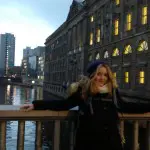 Han pasado tres meses desde que empezó mi aventura de Servicio Voluntario Europeo en Polonia, mis días aquí son intensos… Seguir leyendo[/tab][tab title=»Luis con beca Erasmus+»]
Han pasado tres meses desde que empezó mi aventura de Servicio Voluntario Europeo en Polonia, mis días aquí son intensos… Seguir leyendo[/tab][tab title=»Luis con beca Erasmus+»]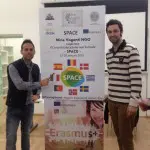 Me dirigí a Sassari para mi Training Course con becas Erasmus+ que ofrecen desde Building Bridges con cierto desconocimiento, puesto que yo siempre me he dedicado a la enseñanza formal, y no había experimentado previamente este tipo de encuentros. Dos personas por país, ocho países y un entorno con gran encanto, la ciudad sarda de Sassari.… Seguir leyendo[/tab][/tabgroup]
Me dirigí a Sassari para mi Training Course con becas Erasmus+ que ofrecen desde Building Bridges con cierto desconocimiento, puesto que yo siempre me he dedicado a la enseñanza formal, y no había experimentado previamente este tipo de encuentros. Dos personas por país, ocho países y un entorno con gran encanto, la ciudad sarda de Sassari.… Seguir leyendo[/tab][/tabgroup]
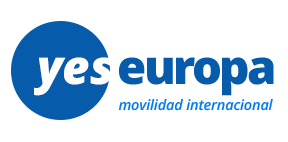
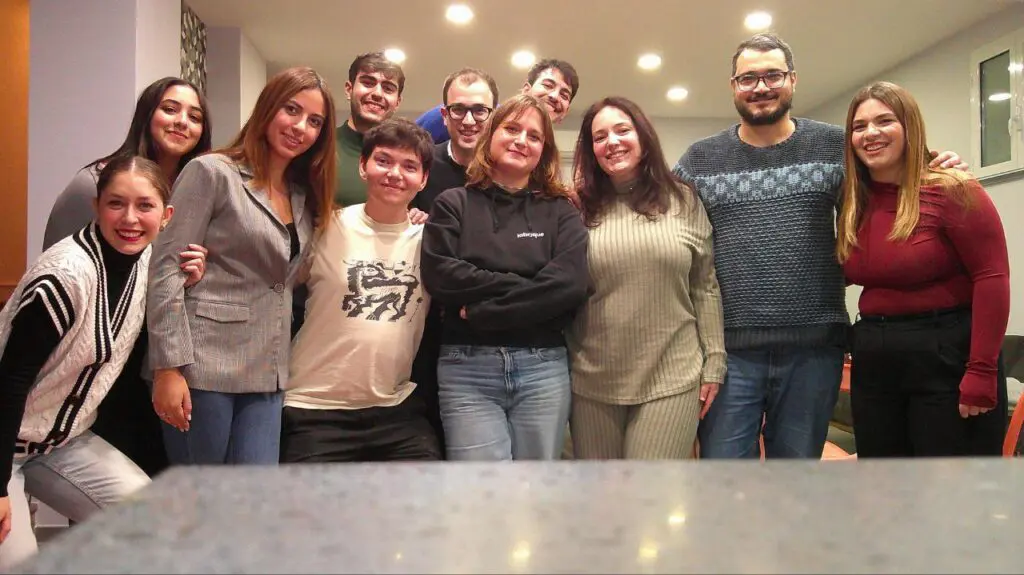
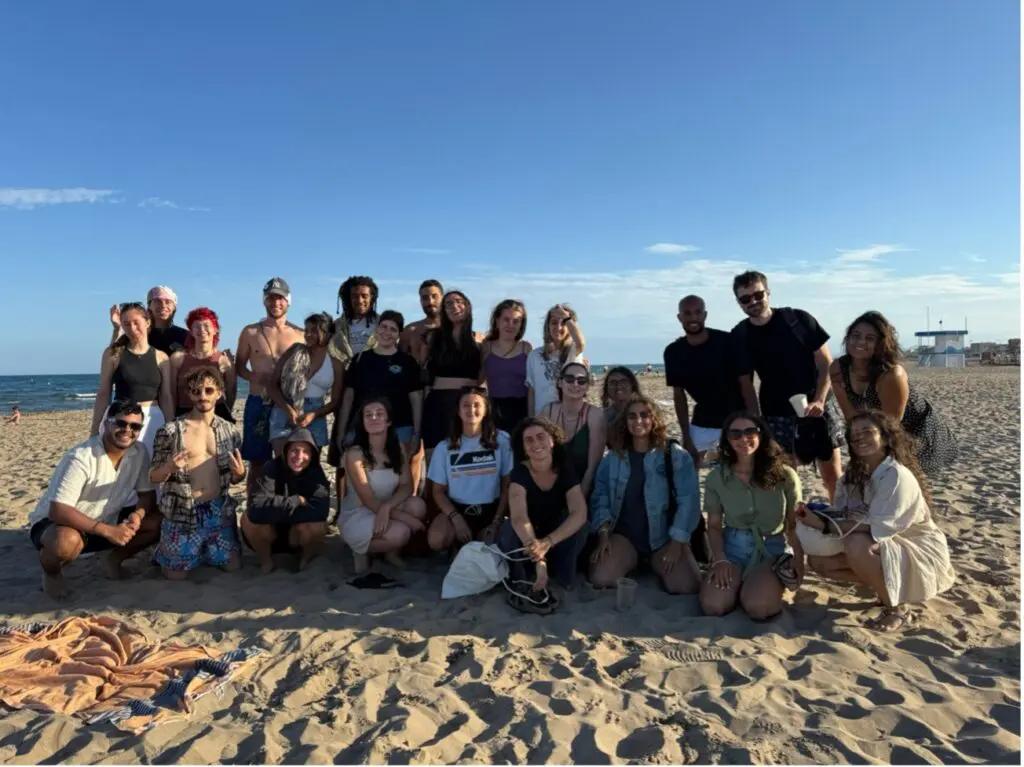
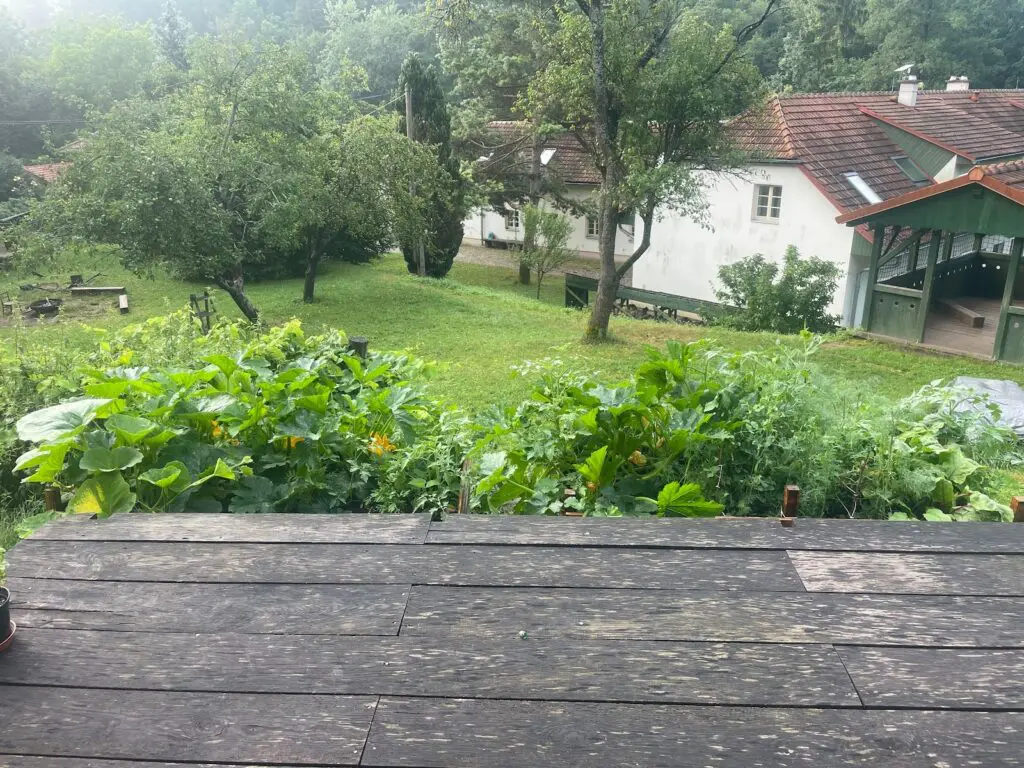
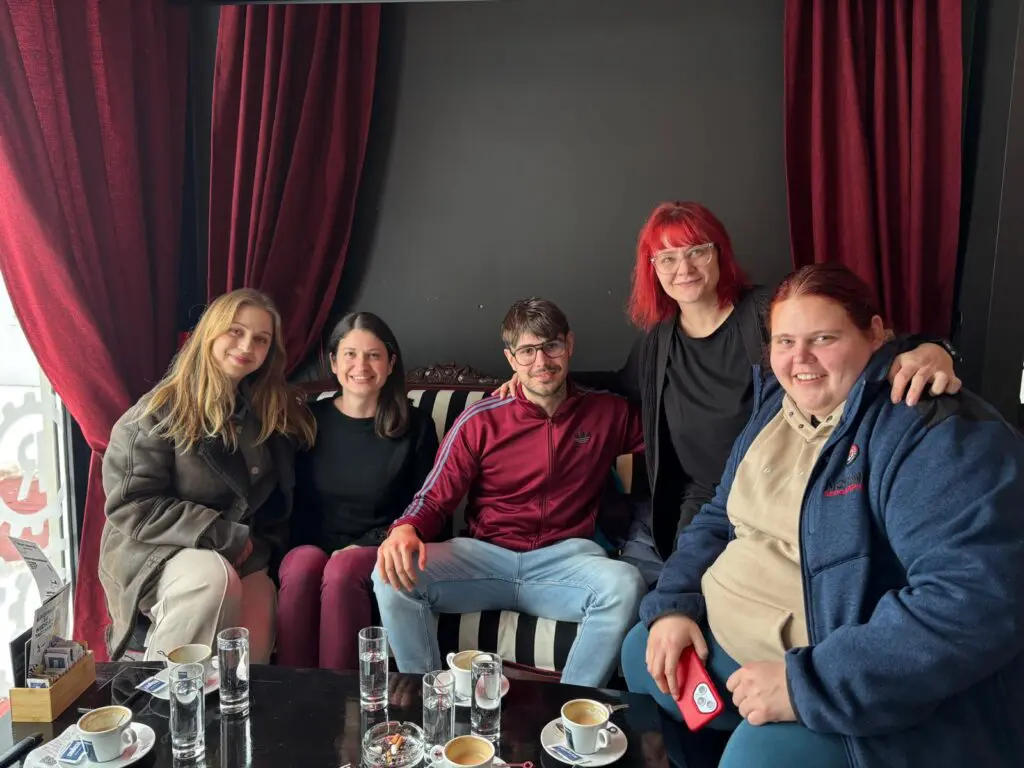
Add a comment